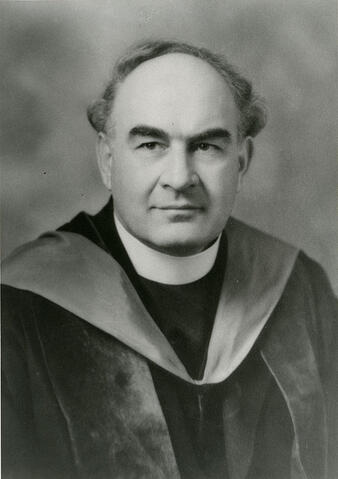
Área de título y declaración de responsabilidad
Título apropiado
Dr. Edmund H. Oliver - Portrait
Tipo general de material
- Graphic material
Título paralelo
Otra información de título
Título declaración de responsabilidad
Título notas
Nivel de descripción
Item
Institución archivística
Código de referencia
Área de edición
Declaración de edición
Declaración de responsabilidad de edición
Área de detalles específicos de la clase de material
Mención de la escala (cartográfica)
Mención de proyección (cartográfica)
Mención de coordenadas (cartográfica)
Mención de la escala (arquitectónica)
Jurisdicción de emisión y denominación (filatélico)
Área de fechas de creación
Fecha(s)
-
1920 (Criação)
Área de descripción física
Descripción física
1 photograph : b&w ; 17.5 x 12.5 cm
Área de series editoriales
Título apropiado de las series del editor
Títulos paralelos de serie editorial
Otra información de título de las series editoriales
Declaración de responsabilidad relativa a las series editoriales
Numeración dentro de la serie editorial
Nota en las series editoriales
Área de descripción del archivo
Nombre del productor
Historial de custodia
Alcance y contenido
Head and shoulders image of Dr. Harry Oliver, first Professor of History and Economics, 1909-1914.
Bio/Historical Note: Born in Eberts, Kent County, Ontario in 1882, Edmund Henry Oliver received his BA from the University of Toronto in 1902. He went on to earn an MA the following year, before earning his PhD in 1905. Upon the request of Dr. Walter Murray, founding president of the University of Saskatchewan, Dr. Oliver came to Saskatoon to help establish the university and, a few years later, the Presbyterian Theological College (later known as St. Andrew’s College). He returned to Toronto in 1910 to earn a Doctor of Divinity degree before returning to teach history at the newly founded University of Saskatchewan. He was appointed in 1913 by the Presbyterian General Assembly of Canada to serve as the first president of the Presbyterian Theological College. Dr. Oliver was deeply committed to the integration of theological education into the broader academic environment and post-secondary community. Under his leadership the new college began plans to build and move into a new location on campus. At the outbreak of the First World War, Dr. Oliver enlisted as a military chaplain. Stationed mainly in France, he continued to be a proponent of education, establishing the University of Vimy Ridge, consisting of reading rooms for soldiers who were on leave. Dr. Oliver rode his bicycle out to the front lines in order to provide books and classes to the infantry. He believed that this would allow those who survived to return to Canada and be leaders in their communities and society. After the war Dr. Oliver continued his work in theological education and became involved in the church union debates between the Presbyterian, Methodist and Congregational churches which would lead to the formation of the United Church of Canada in 1925. He was greatly influenced by the social gospel movement and served on two Royal Commissions: one to establish farming co-operatives and credit systems, and the other to create a liquor control board. Dr. Oliver saw his life work as one of service on the new frontiers of Canada, and during his time as Moderator of the United Church from 1930 to 1932, he lived into that, travelling across the country during The Great Depression urging people to donate clothing and food to those who needed it. He died in 1935 at the age of 53, while working with youth at a summer camp. Dr. Oliver is buried in Woodlawn Cemetery in Saskatoon.
Área de notas
Condiciones físicas
Origen del ingreso
Arreglo
Idioma del material
Escritura del material
Ubicación de los originales
Disponibilidad de otros formatos
Restricciones de acceso
Condiciones de uso, reproducción, y publicación
Other terms: The researcher assumes responsibility regarding questions of copyright that may arise in the use of any images.

